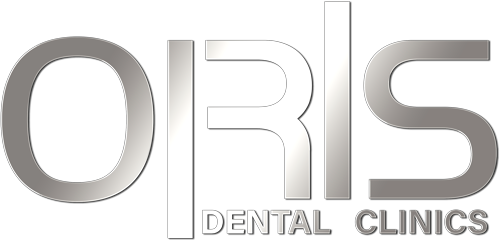Brushing your teeth, rinsing with mouthwash, and flossing every day are all important parts of taking care of your mouth. Even though brushing or rinsing your teeth may not cause much pain; flossing can irritate you. The Canadian Dental Association says flossing is very important in taking care of your teeth. When you floss, you might notice that your gums are sensitive or that your teeth are bleeding, but then you wonder, “Why do my teeth hurt after I floss?”
If you’ve asked yourself this, keep reading to find out what could be causing the pain and learn some tips that might make flossing less painful.
New at Flossing
Most of the time, people who feel pain after or while flossing are new to it. Most of the time, this painful ache is because of using the wrong tools and methods. In the end, flossing means putting a sharp piece of rope between your teeth and cutting away places where bacteria could grow. It’s not supposed to hurt, though. Instead of flossing with anger, try flossing more gently and slowly. If you change how you do things, the pain should go away slowly. If it doesn’t, you should talk to your dentist to see if the problem is more complicated.
Gum Disease
If your gums bleed when you floss, that could be a sign of gum disease. You may also feel pain when you floss or brush your teeth. Plaque buildup under the gum line can lead to gum disease, also called periodontal disease. If you find gum disease early enough, you can treat it by flossing, brushing, and going to the dentist regularly. Our dentist highly recommends dealing with this problem as soon as possible to prevent it from worsening.

Tooth Decay
The number of bacteria in our mouths is definitely going down as we brush and floss. Unfortunately, bacteria can sometimes find ways to get away from their enemy. When it gets too much, it leads to decay, cavities, and infections. That’s why tooth decay is the second cause of your painful flossing. The pain you are feeling can only come from one place. In this case, you likely have decay or cavities right there. Bacteria tend to gather in corners and between teeth, which is where you floss daily. Watch out for other signs of tooth damage, like pain when you eat or sensitivity to changes in temperature. If the pain doesn’t go away or worsens, you should see a dentist immediately.
Tooth Sensitivity
To keep your teeth healthy, you must floss properly. But so is the right way to brush! Our teeth can become more sensitive when we brush too hard or with a strong toothbrush. Tooth sensitivity, also called dentin hypersensitivity, is a medical condition with several signs. One of them is a pain when you floss. Some others are a pain when drinking hot or cold drinks, discomfort when eating, and sensitivity to cold air. This problem is easy to fix at the dentist’s office. It happens when the protective layer of the tooth, called the enamel, gets hurt. When the enamel wears away, more sensitive layers like dentin are shown. Our toothaches are because of nerve endings that are now more sensitive to the outside world.
Conclusion
No matter what is making your tooth hurt, you shouldn’t stop flossing. Most of the time, your teeth hurt because they are getting used to being cleaned well. This is very important for people who have gingivitis. It can turn into periodontitis if it isn’t taken care of properly in the early stages.
Make sure to move carefully and talk to your dentist. Don’t be afraid to ask all the questions that come to mind. Your overall health depends greatly on how well you care for your teeth and gums. Call us today with any questions. Contact our dentists in Richmond Hill, Ontario, they will offer you the best dental services.




